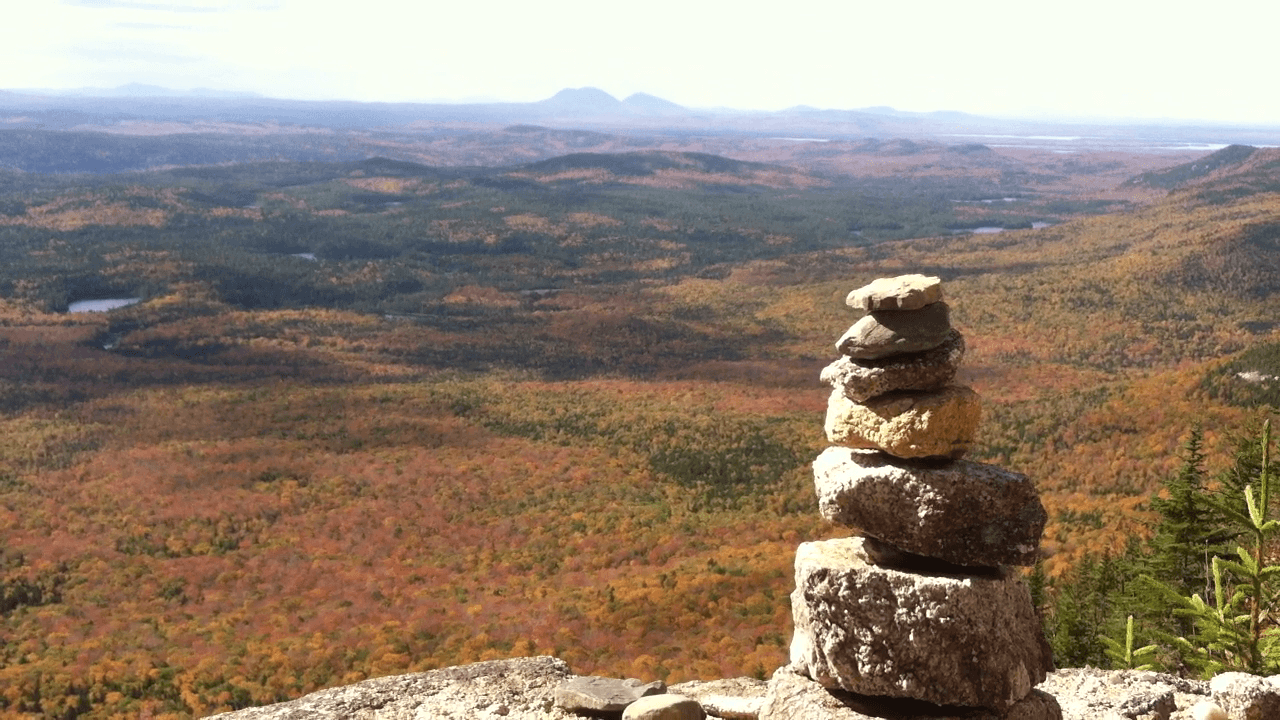Today, instead of writing from my kitchen table or back patio, both of which provide an excellent view of the 30 acre tall grass and wild flower field behind my house, I have taken up residence on a barstool in the ‘C’ concourse at Laguardia Airport drinking a (ok, 2) $9 beers and contemplating the appropriateness of writing an outdoor blog in the midst of such, well, non outdoorsiness. This scene isn’t new to me as I’m sure it isn’t to most of you, after all, the places we love to go to fish, ski, bike or camp aren’t always local. There are the long airport delays and lost luggage, shuttle buses that never seem to pick you up where you think they should and seedy hotels that make you glad you arrived after dark so as to not be consciously aware of the deplorable state of the room you slept in. All this travel talk reminds me of the autobiography of Cornelia “Fly Rod” Crosby I was reading the other week at the Lithgow Library in Augusta (built in 1894, super cool, worth checking out).
Fly Rod was Maine’s first registered guide, fly fishing legend and one of Maine most prominent Eco-tourism ambassadors who spent many years on the road taking carriage and train from the Moosehead and Rangeley regions of Maine to Boston and New York promoting the hunting and fishing opportunities as well as the general outdoor lifestyle Maine had/has to offer. She was a ramblin’ gal who rubbed shoulders with Annie Oakley and too many 5 pound brook trout to count. Like many of us, her soul was in the woods and waters of Maine and was once quoted describing herself as “a plain women of uncertain age, standing six feet in my stockings. I scribble a bit for various sporting journals, and I would rather fish any day than go to heaven.” While she did later recant that last part after taking a job teaching Sunday School, I think many of us can relate.
While she loved this great state, she also was very aware of the need for conservation of the same resources she reveled in after seeing the size and quantity of trout decrease due to heavy fishing pressure and high catch and keep rates. Fly Rod was a staunch supporter of catch and release fishing, which was not a popular opinion among locals at the time who were used to putting the game of Maine on their daily menu, but was a practice backed heavily by out of state money and political influence. Even in 1887, Fly Rod wrote about the Megantic Fish and Game Club (mostly made up of wealthy Bostonians) saying “I realize that the thousands of dollars yearly spent by this club are doing as much if not more than anything else in our state to protect and increase our fish and game.”
How do we feel about outside influence on our public lands, wildlife, water and woods? The conversation of the working wilds is just as relevant today as it was 130 years ago when those catch and keep limits were debated by Crosby in Maine, 100 years when Roosevelt founded the US Forest Service, a decade ago when Ms. Quimby proposed the Katahdin Woods and Waters National Park and up to the last few years when Maine voters decided how to treat the hunting of bears with dogs. What Fly Rod was seeing is the same tension we grapple with today: how do we balance conservation and preservation, how many of a given species can be taken to maximize the monetary gains made by selling licenses, related services and commodities while still assuring that there is a viable population to not only survive but to thrive for the benefit of future generations of that species and future generations of humans, and who should manage those resources?

As a fisherman and a writer I am used to wading into a river or an article with some clear idea in my head of how things should be or how things will go and am equally used to having the preconceived notion that I have any comprehension of my reality shredded like one of my Pool Cleaner fly streamers after a few run in’s with the toothy face of Mr. Essox (pike). Time and again I am left, usually after a few hours fishing or a few hundred words on the page, with the faint feeling that I might have come close to accomplishing something worthwhile but with overpowering feeling that all I did was create an opportunity to acquire more questions about life and find that I have less answers than I started with. So figure out what means something to you and stand up for it. Join a local conservation group if that calls to you. Head out to your local single track and pick up trash or make sure those tracks aren’t eroding out. If you are more legally inspired, write your representative in the capitol and let them know how much the outdoors means to you (remember, they do work for us). Maybe just being a good role model for your community or for the next gen is a good place to start. Whatever you chose, remember that none of what we have is guaranteed, it’s only here because of the work of people like Fly Rod Crosby who worked to give us the opportunity to think Maine is a pretty rad place to be an outdoor junky.
Paul Sveum, a former Maine Sport Outfitters employee, is a Registered Maine Guide, Fly Fishing Guide, Bushcraft & Survival Instructor, and a blogger…among many other things.

